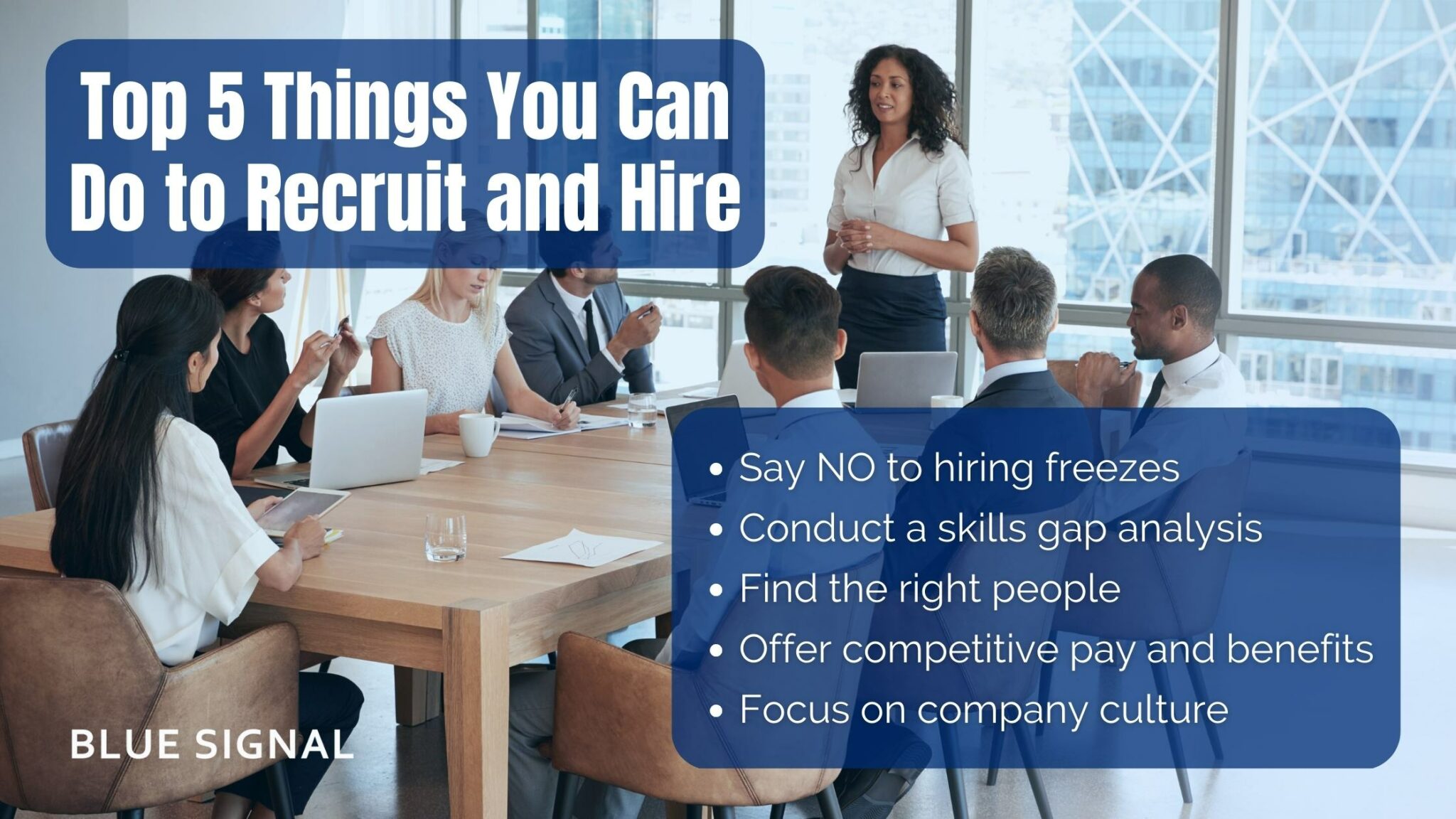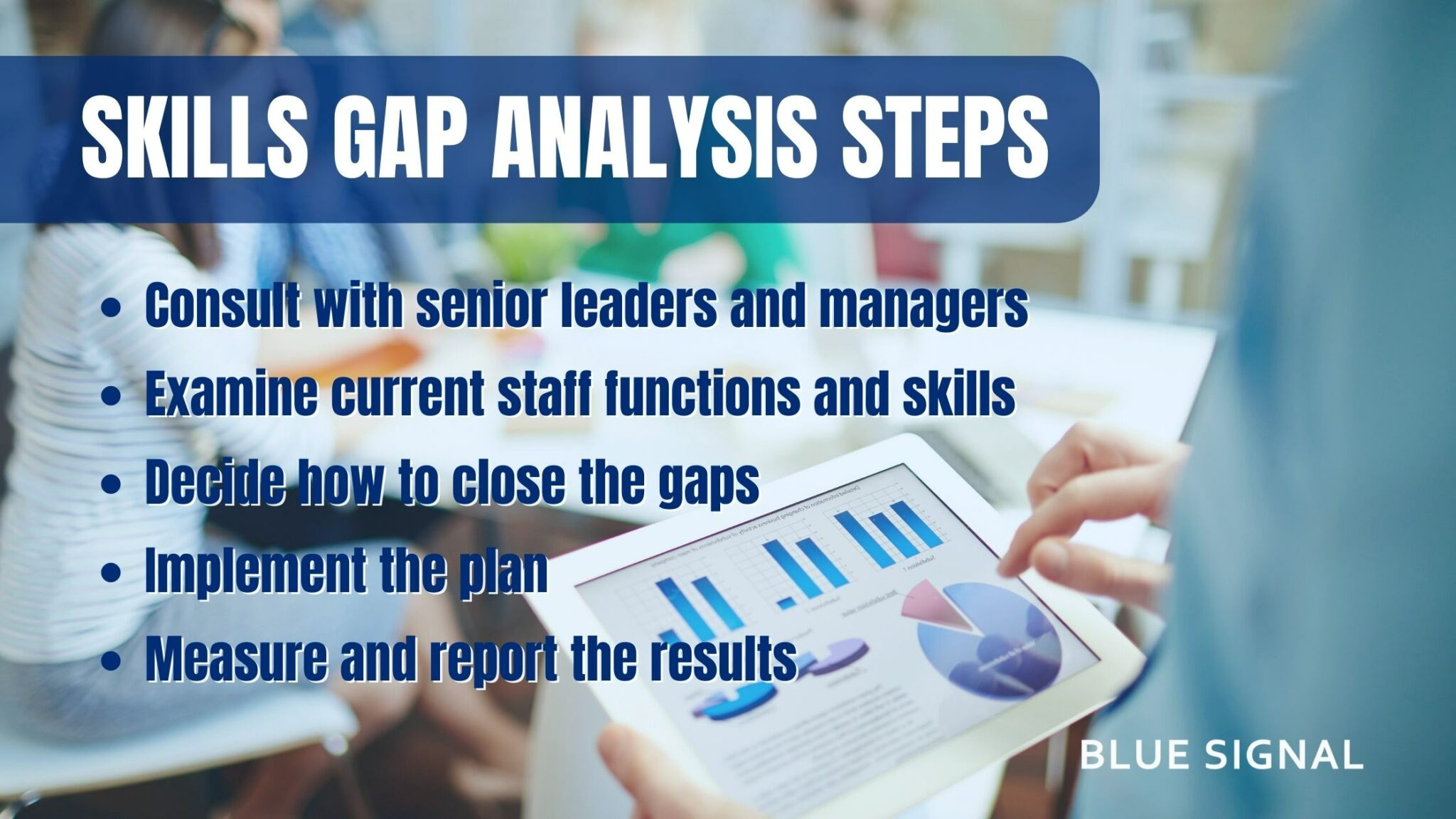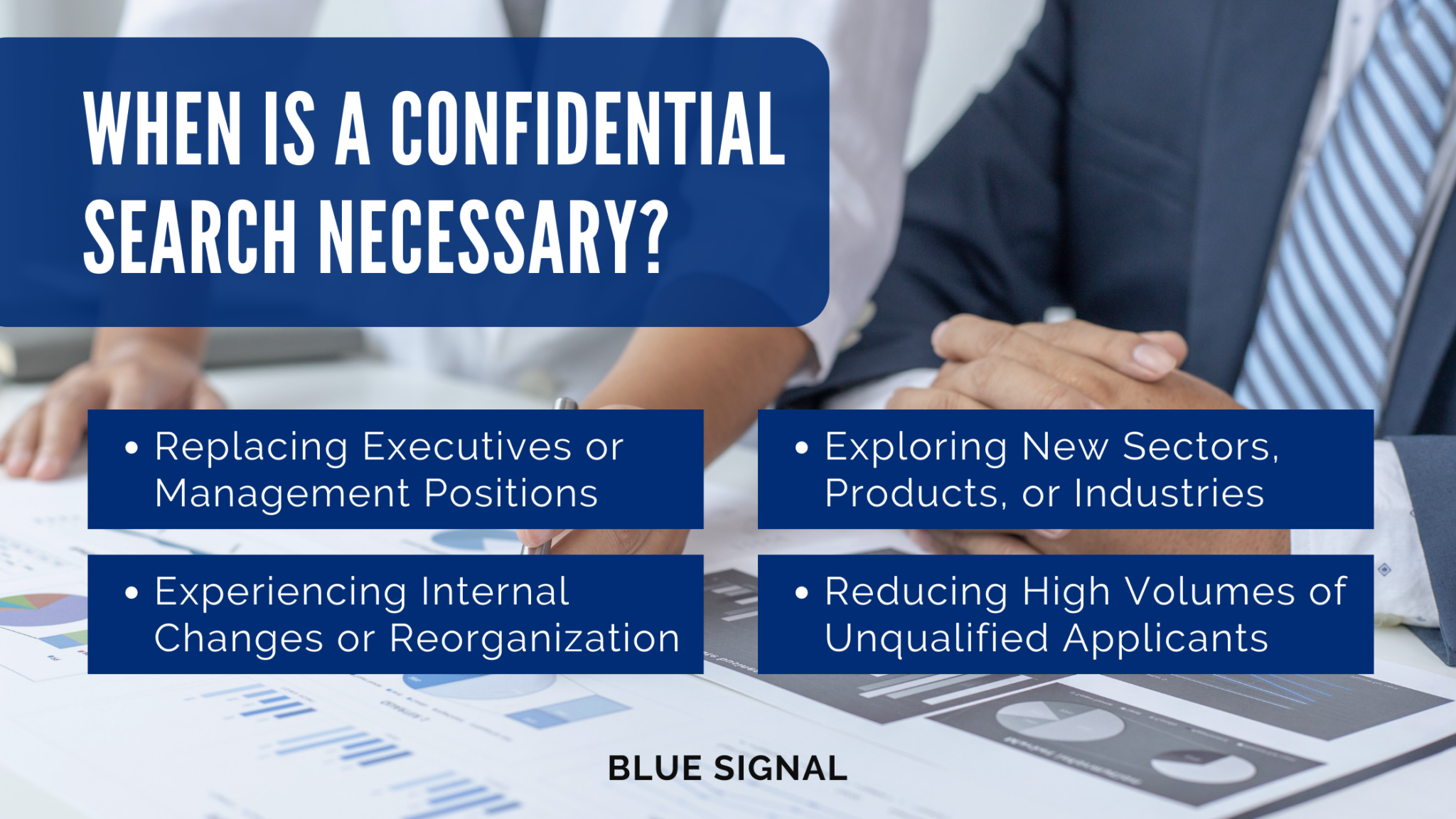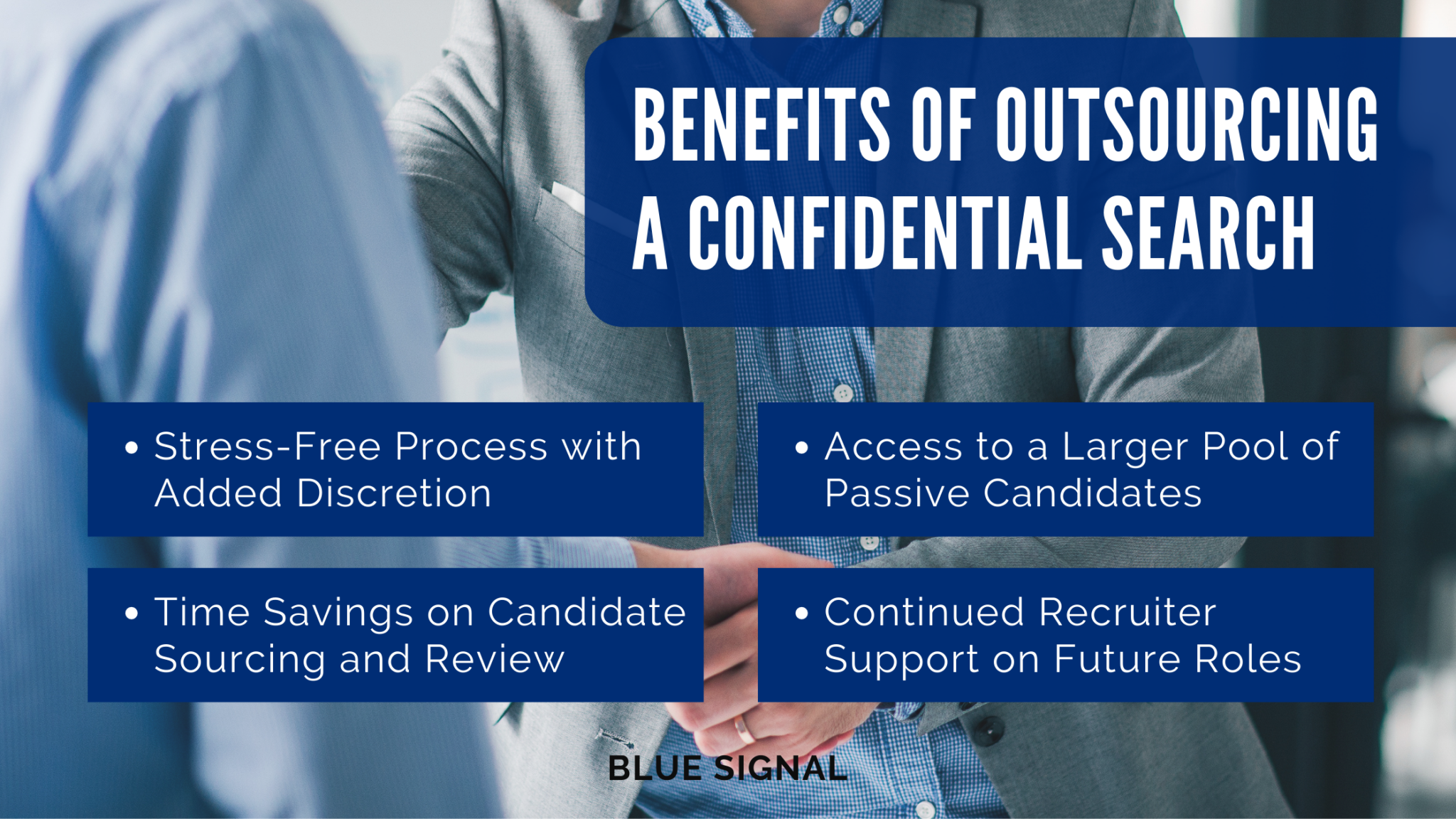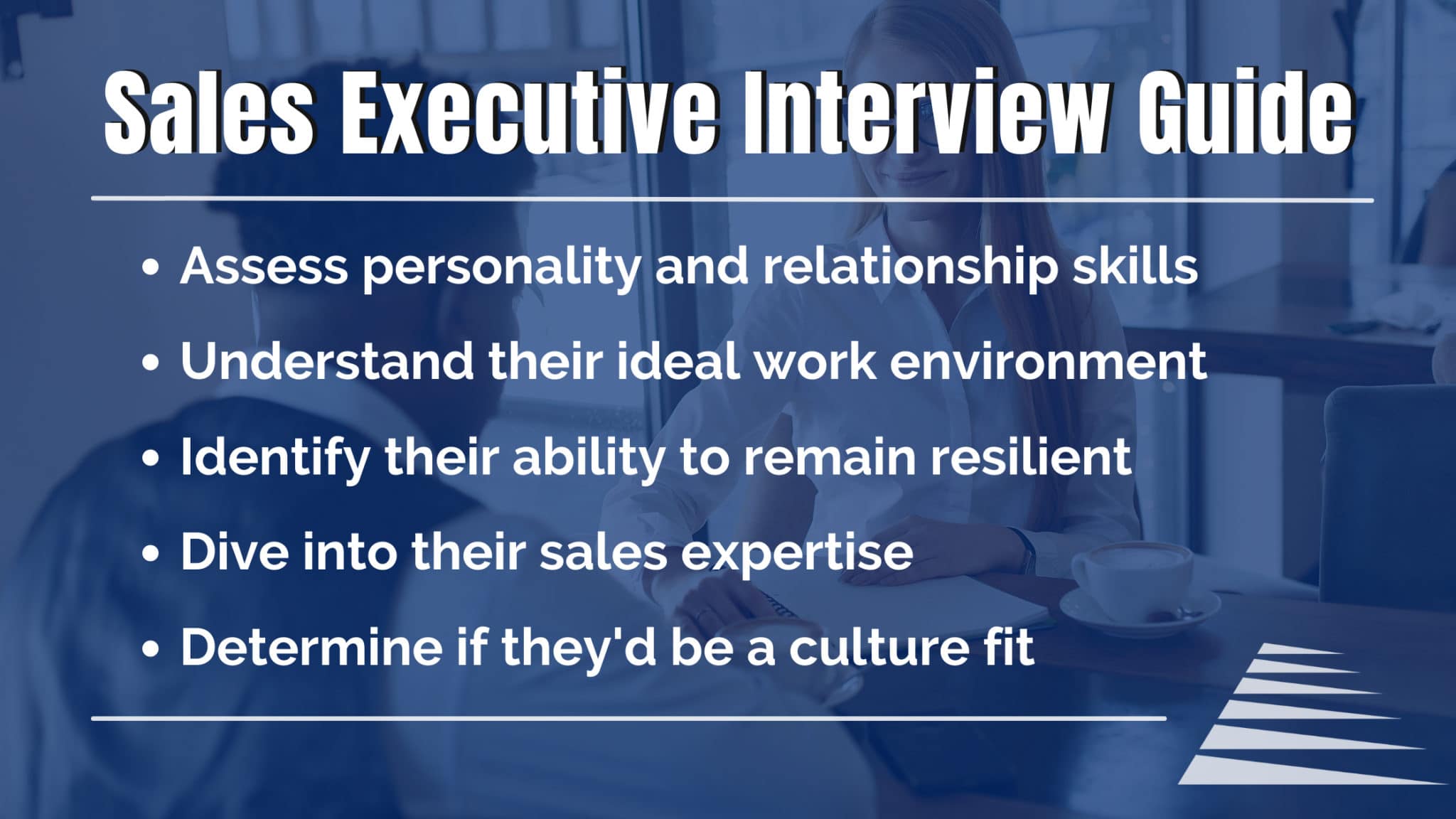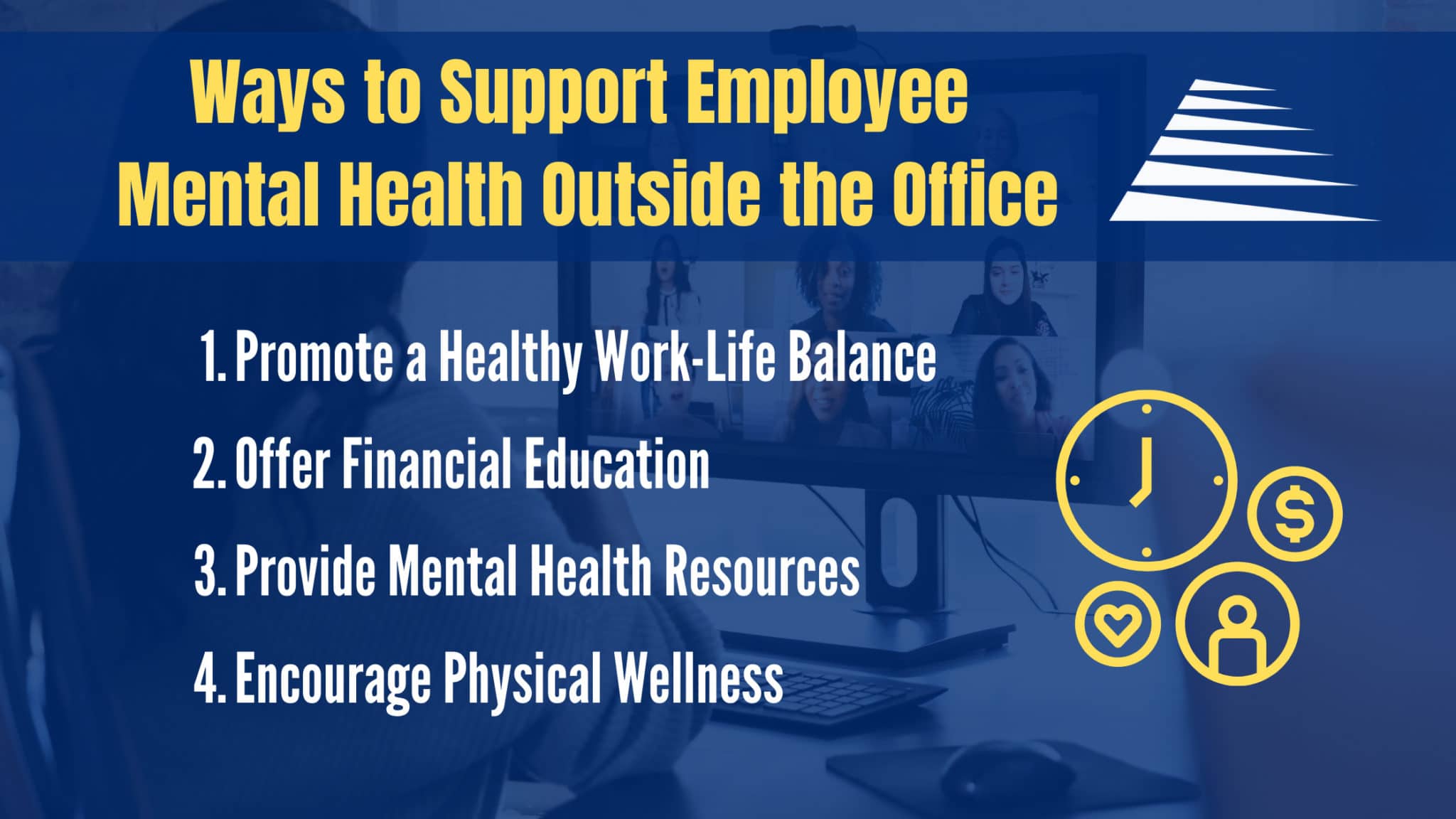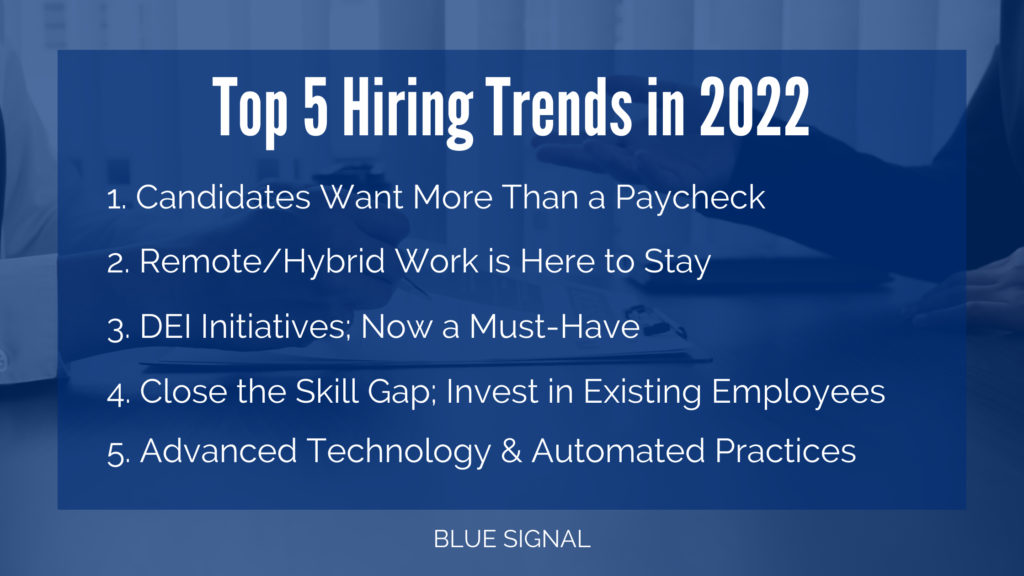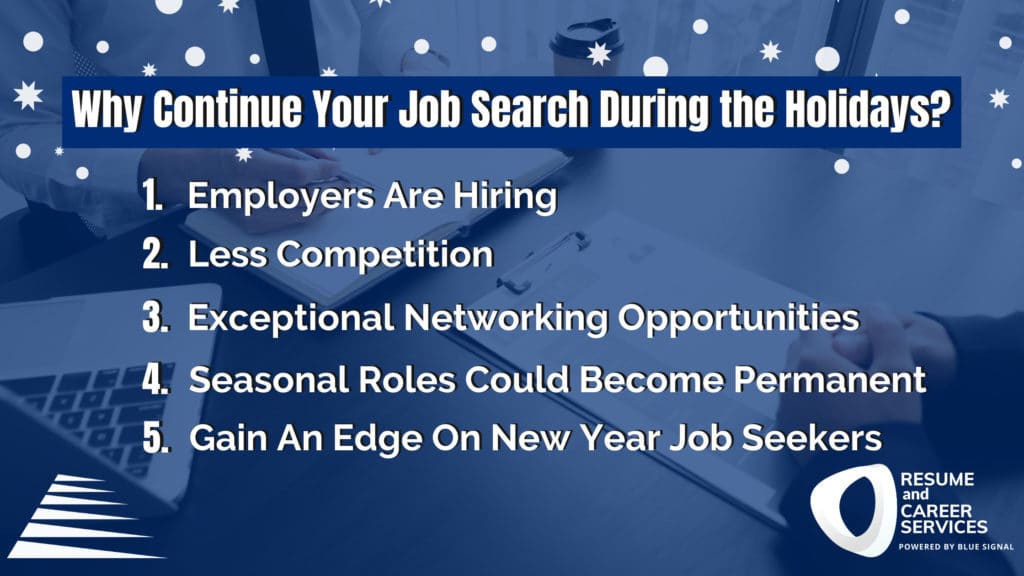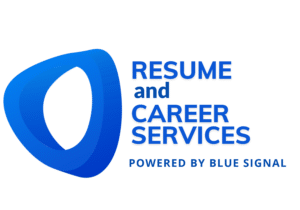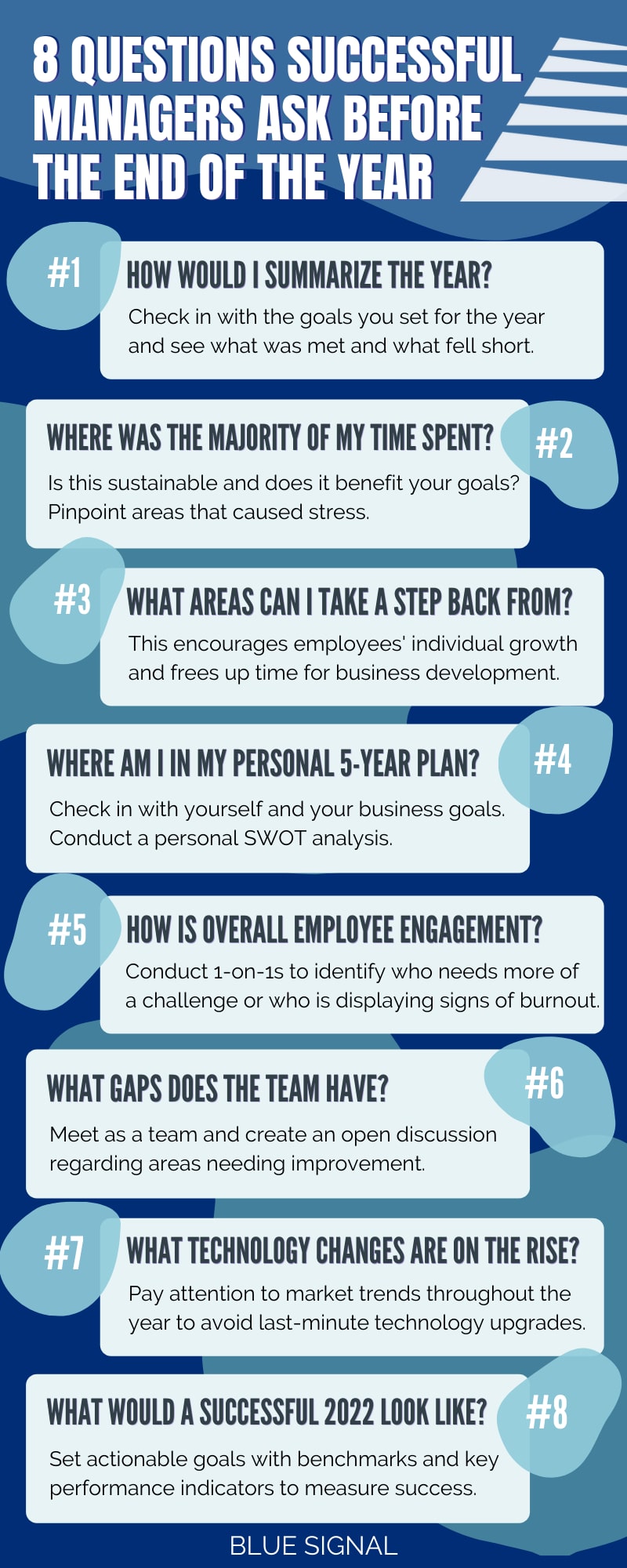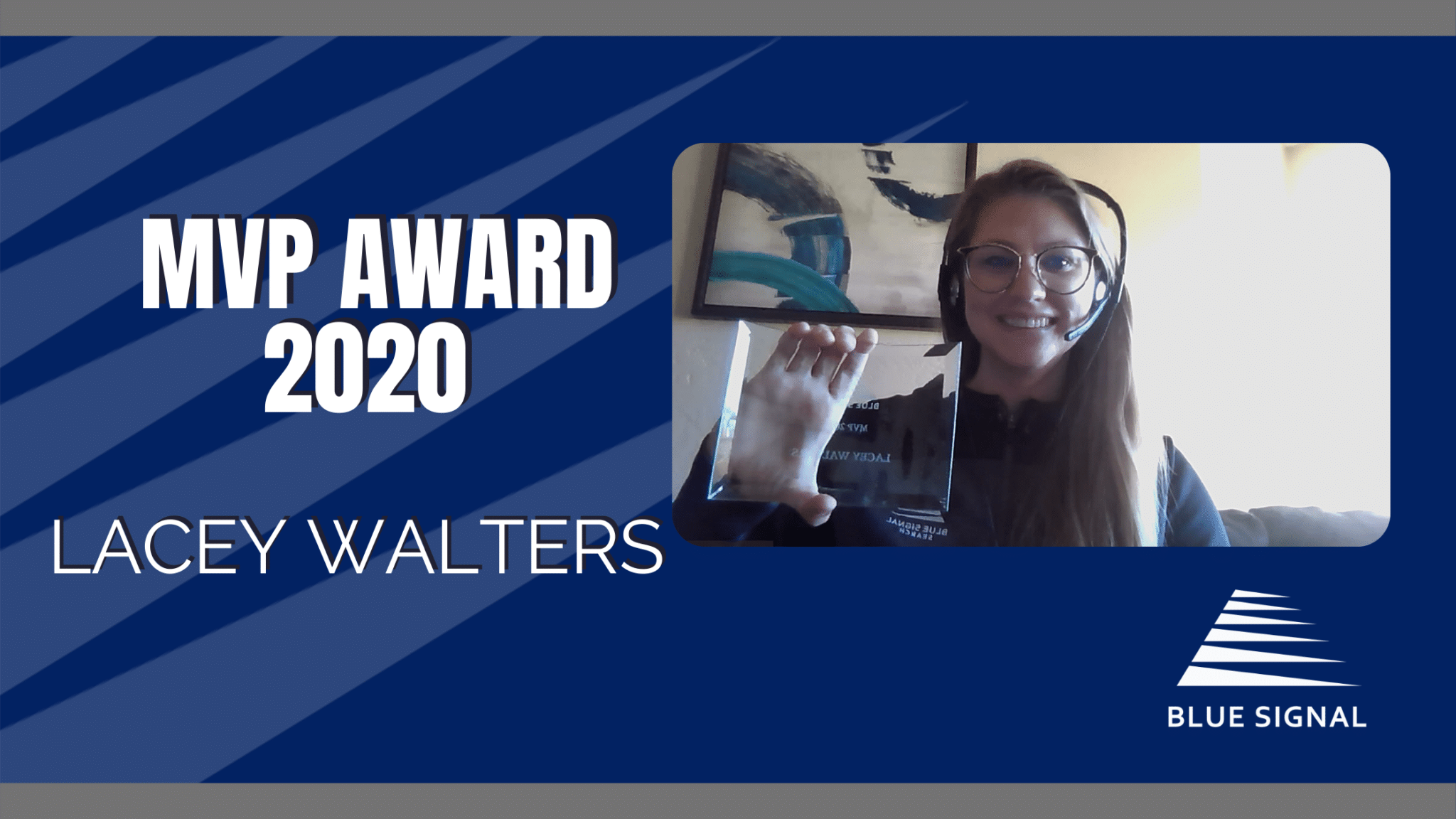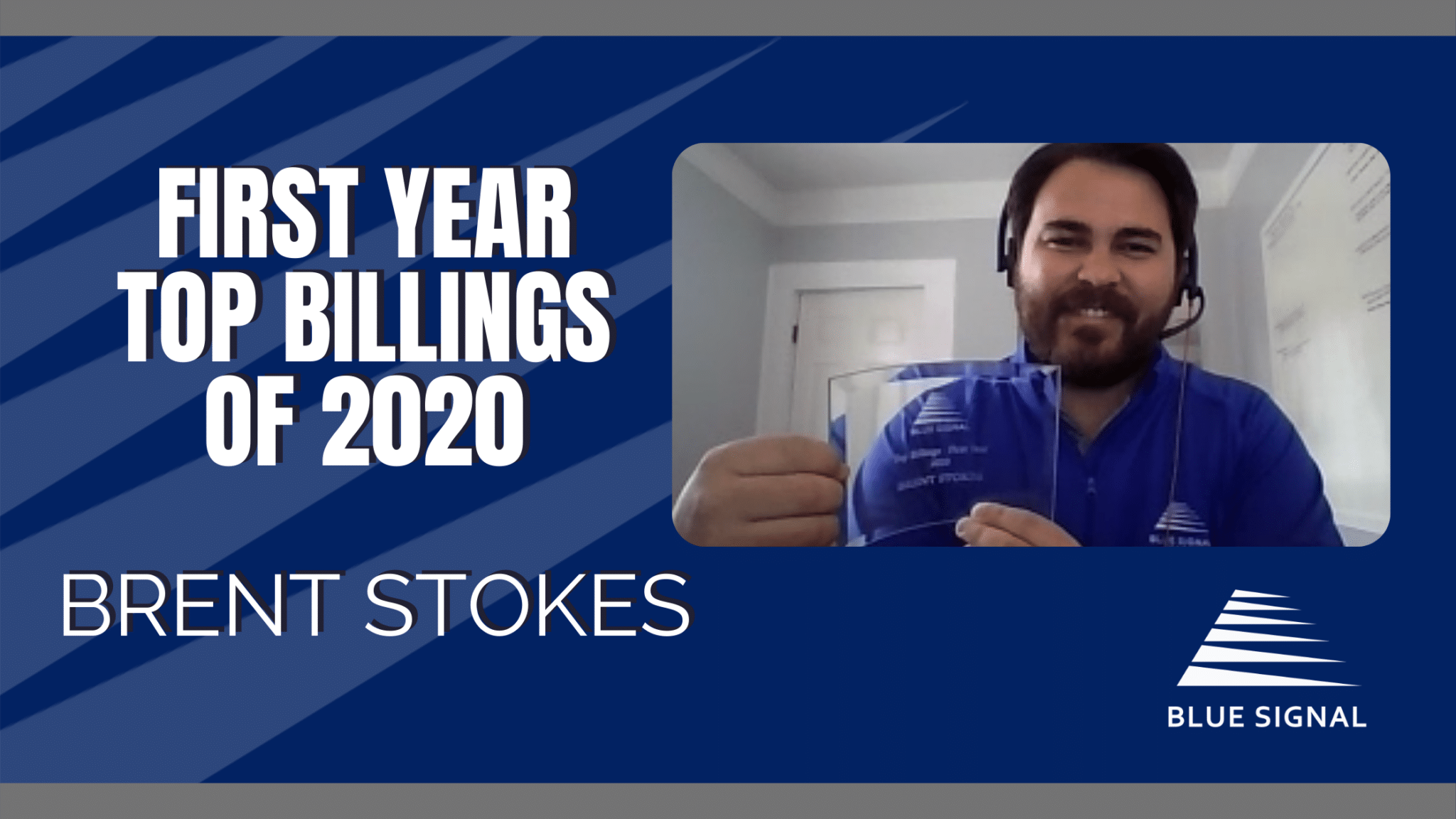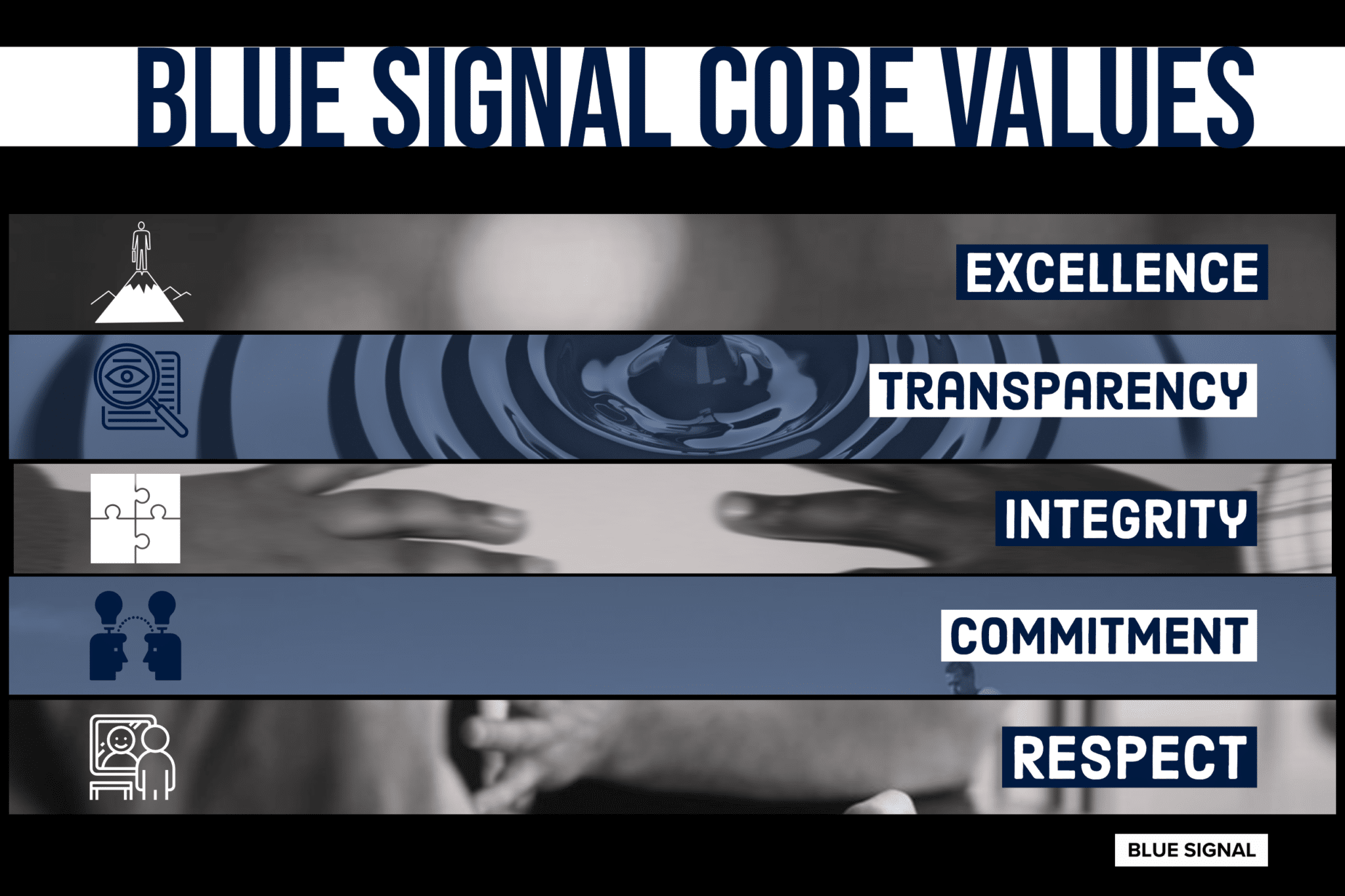Are you equipped for the evolving landscape of renewable energy jobs? Renewable energy is transforming the job market of the future, creating new career opportunities, and shaping the skills and education needed for success. As the world shifts toward a more sustainable energy future, the demand for renewable energy jobs is on the rise. In this blog post, we'll explore the growing importance of clean energy careers, emerging trends in hiring and recruitment, and the top job opportunities in the industry. Whether you're a job seeker or a hiring manager, this blog will give you valuable insights into the ever-evolving renewable energy job market. Read on to discover how you can be a part of shaping the future of energy.
The Growing Demand for Renewable Energy Jobs
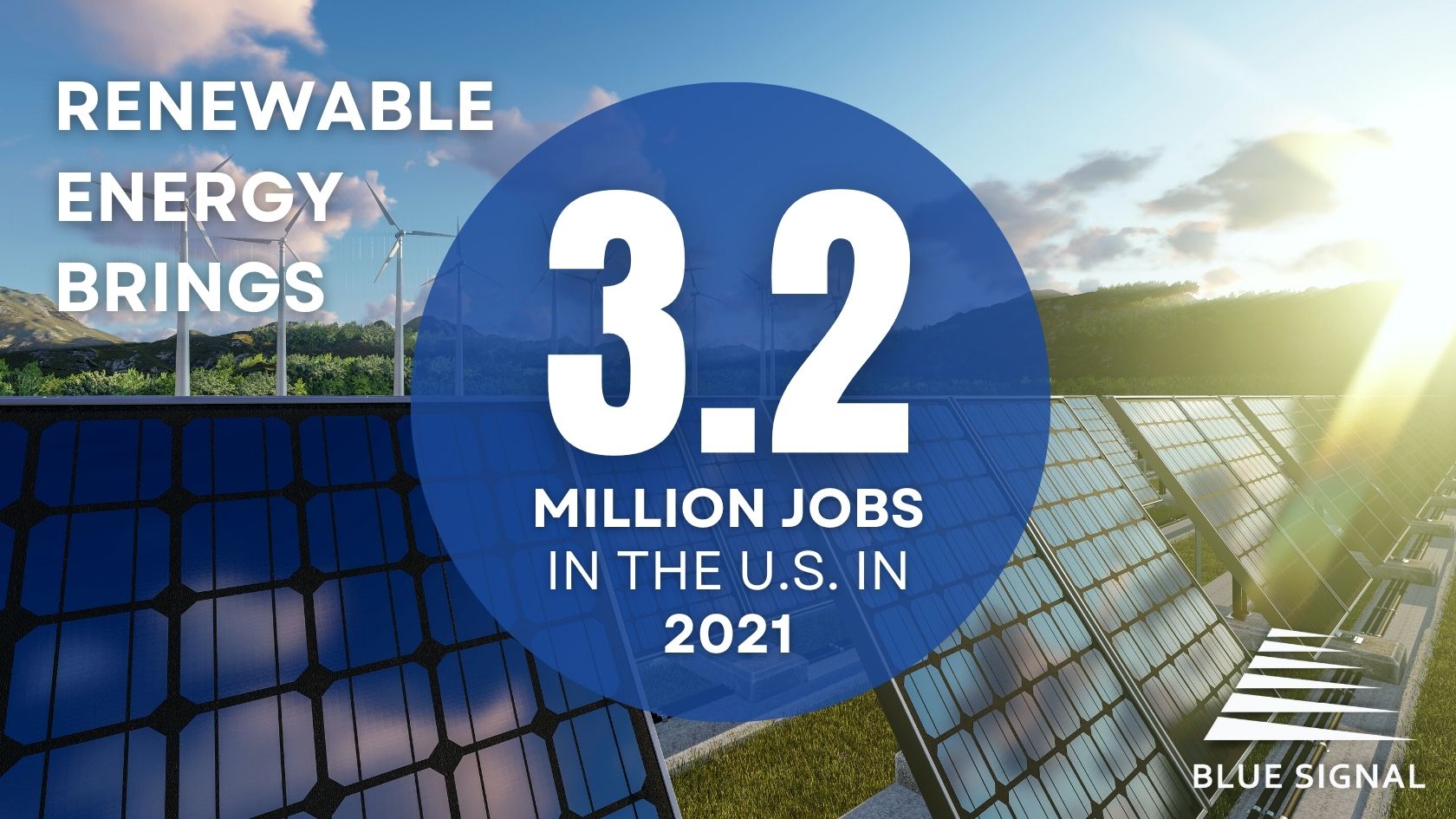
The world is on a mission to reduce emissions, and as a result, a move towards clean energy is to be expected. In fact, the International Energy Agency (IEA) reported that “countries representing over 70% of global emissions today have committed to net zero emissions targets by mid-century.” As we rapidly shift towards renewable energy, the demand for skilled workers to operate and maintain clean energy equipment is on the rise. As reported by the International Renewable Energy Agency (IRENA), over 12.7 million people worldwide were employed in the renewable energy sector in 2020-2021, and this number is only expected to grow in the coming years, creating numerous renewable energy jobs. E2's latest report reveals that the renewable energy, energy efficiency and storage, grid modernization, and clean fuels industries employ more than 3.2 million workers in the United States. The IRENA predicts that by 2050, the renewable energy industry could employ as many as 42 million people worldwide, representing a significant share of total global employment. This growth can be largely attributed to government policies and incentives, which are driving investment in renewable energy projects and creating a favorable climate for businesses in the industry. According to the World Economic Forum, with the shift towards cleaner fuels and the inevitable decline in traditional energy sources, the renewable energy jobs sector is set to create new opportunities for skilled workers in the coming years.
Emerging Hiring and Recruitment Trends in Renewable Energy Jobs
As the renewable energy sector continues to gain momentum, hiring managers are facing a number of challenges in finding and retaining qualified candidates. According to Grid Beyond, the industry's relative newness and diversity of job titles and positions makes it difficult to identify and attract qualified candidates. Additionally, they report the demand for renewable energy jobs often exceeds the available supply, resulting in skills gaps that must be addressed. To meet these challenges, organizations need to be proactive in enhancing their talent acquisition strategies. This includes optimizing hiring processes, improving hiring efficiency, and providing training and development opportunities for both new and existing staff.
Moreover, emerging technologies and skills in the clean energy space are becoming increasingly important for organizations to consider when recruiting for renewable energy jobs. Data analytics, artificial intelligence, and cybersecurity are just a few examples of the cutting-edge skills that will be in demand in the renewable energy sector in the coming years. Partnering with a recruiter who is an expert on the industry trends for the emerging renewable energy space can be beneficial for companies looking to stay ahead of the curve and find the top talent they need to succeed. By staying up to date with these trends and developing comprehensive strategies for talent acquisition and retention, hiring managers can position themselves for success in the competitive renewable energy sector. In conclusion, the renewable energy sector presents both challenges and opportunities, and it is up to hiring managers to proactively address these challenges and leverage emerging trends to attract and retain top talent.
Top Renewable Energy Jobs of the Future

The renewable energy industry is expected to see significant growth in the coming years, creating a wide range of promising career paths for job seekers. According to Career Sherpa, some of the top renewable energy jobs of the future include solar photovoltaic installers, wind turbine technicians, energy storage analysts, energy engineers, land acquisition specialists, solar energy technicians, sustainability managers, environmental scientists, and information systems managers. These positions require various levels of education and training, ranging from technical certificates to advanced degrees, and demand skills such as problem-solving, critical thinking, and communication. Forbes reports that "Renewable energy jobs are booming across America, creating stable and high-wage employment for blue-collar workers in some of the country’s most fossil fuel-heavy states, just as the coal industry is poised for another downturn." According to the Washington Center for Equitable Growth, "Green jobs tend to be in occupations that are about 21% higher-paying than the average in other industries, with the pay premium being even greater for green jobs with low educational requirements." Although salaries and benefits may differ depending on job type, location, and experience, the demand for renewable energy jobs and the emphasis on sustainability suggest that they will provide competitive compensation and excellent benefits. As the renewable energy sector continues to evolve and expand, these top renewable energy jobs offer exciting opportunities for job seekers to become a part of a fast-growing industry that is helping to create a sustainable future.
Conclusion
In conclusion, the renewable energy industry is expecting unprecedented growth, opening new opportunities for job seekers and presenting exciting challenges for hiring managers. As we've seen, the demand for skilled workers in the sector is on the rise, and employers need to be proactive in their hiring and retention strategies to attract and retain top talent for renewable energy jobs. By partnering with a renewable energy recruiter, companies can stay ahead of the curve and find the best candidates for the job. For job seekers, now is the time to explore the many career paths available in the clean energy sector and invest in the education and training needed to succeed. At Blue Signal, we have a team of experienced recruiters who understand the unique challenges and opportunities of the renewable energy industry. Visit our renewable energy recruiting practice web page to learn more about how we can help you achieve your career goals or find the top talent you need to succeed in the industry. Together, we can shape the future of energy and build a sustainable world for generations to come.
Partner with us for your next hire.
Set up a free consultation with a recruiting manager. Tell us about your hiring need.
By submitting this form, you consent to receive communications from Blue Signal, including phone calls, emails, and text messages.




